10 People Who Show That Kindness Isn’t Weakness—It’s a Quiet Superpower

Have you ever thought about Earth itself as an intelligent, well, not creature, but maybe an entity? Like it has a mind and some survival instincts of its own. When said like this, it sounds like you’re about to watch a fantasy movie where the planet we walk and live our daily lives on will suddenly wake up, realize it doesn’t like us that much after all, and just go crazy. Hope not.
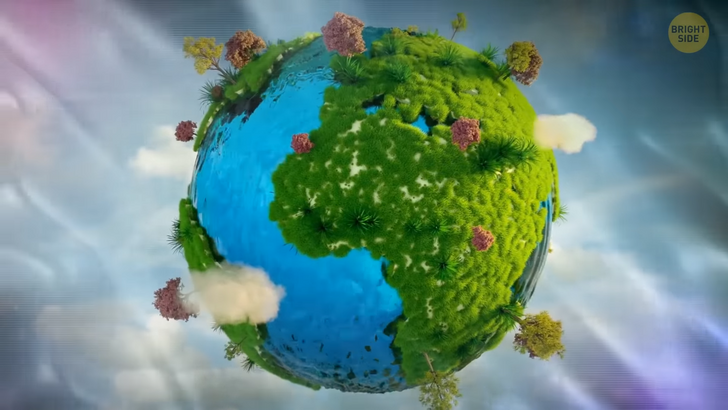
But we’re not actually talking about such scenarios — more of the idea that the collective activity of life, like microbes and plants, can change a planet and give it a life of its own. It’s like the planet has a “green mind.” The metaphor of Earth as a “living planet” makes sense; creatures across the globe crawl, swim, walk, and fly through the uppermost layers of our land, ocean, and sky. Plants cover much of our world, plus there are viruses and bacteria in the water, soil, and even atmosphere.
Now imagine all the living things on Earth, like plants, animals, and microbes, as a giant team working together. They have different jobs, but they all do their thing to make the planet a better place to live. For example, plants make oxygen that we breathe, and animals help pollinate flowers. Together, they form the biosphere, which is like the Earth’s team of life.
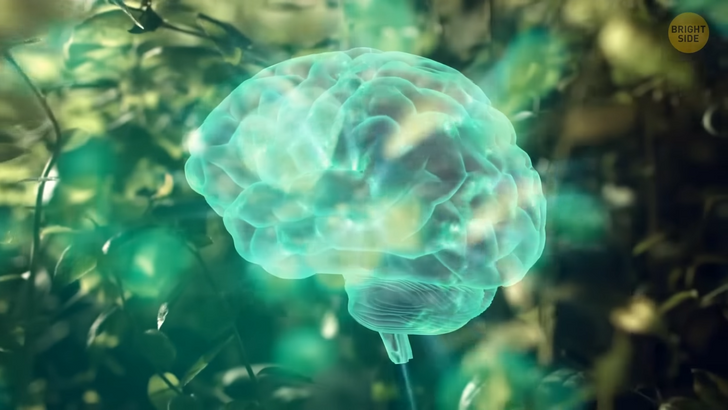
That’s where the idea of “planetary intelligence” comes in. Just like individuals and groups can be intelligent, so can an entire planet! Researchers believe we should measure the planet’s intelligence by its ability to keep itself going forever. And just like how humans need to work together to survive, a planet’s collective intelligence is measured by the capacity of all the life on it to work together towards this same goal.
It’s like the planet is a complex system that knows how to take care of itself. Like forests. They can share nutrients through their secret underground networks of fungi. This helps all the trees stay healthy. We can obviously learn a lot from forests. If we’d jump into the fantasy Universe while looking for intelligent, conscious planets, we’d definitely choose Mogo from Green Lantern. It’s a specific planetary entity that can do things like changing its weather and altering gravity, plant growth, or some other surface conditions.
Or how about the stunning Pandora from Avatar? Do you remember the fascinating scenes of flora and fauna there, with organs that might remind you of tentacles? They enable creatures to interlink with each other on a neural level. It’s like the entire planet is like one giant brain with many smaller trees, creatures, and its other pieces as its cells.
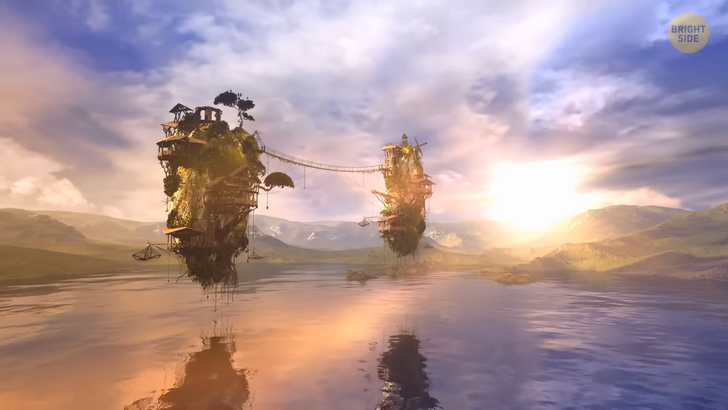
We’re far from that, but it’s still nice to imagine! At the moment, our civilization is in the stage scientists named an “immature technosphere”. That means we’re still too focused on using technology that doesn’t always do good for our planet. We don’t have a “planetary intelligence” or a collective understanding of what needs to be done to do better for our planet. Instead, we’re all just doing our own thing. I mean we’re not at the worst stage. Researchers have come up with four stages of Earth’s past and future to explain how planetary intelligence could impact the long-term future of humanity.
The first stage is what we call the ‘immature biosphere’. It’s when life first started on Earth, billions of years ago. Only microbes were there on the bare land without any vegetation. There wasn’t any global feedback which means these microbes couldn’t yet affect Earth, its atmosphere, or other systems in any way. The second stage is the ‘mature biosphere’ [2.5 billion to 540 million years ago] when stable continents formed and the biosphere started to have a strong influence on the Earth.
The third stage [known as Immature technosphere] is where we are now, with interlinked systems of communication, technology, transportation, electricity, and computers that draw resources from Earth’s systems and affect the biosphere. The fourth stage, also known as the ‘mature technosphere’ is where Earth should aim to be in the future. It means technology will benefit the entire planet. We’ll use sustainable forms of energy like solar power. Planetary intelligence is the sign of a mature planet, and researchers are trying to figure out how we can move towards it.
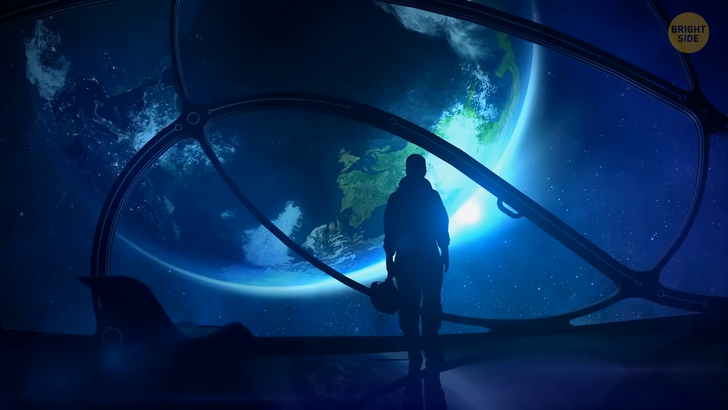
So things we do on an individual level DO matter! The collective activity of life, like microbes or plants, can change a planet and make it more than just a lifeless rock floating in space. Through the biosphere, our home planet kinda figured out how to host life by itself billions of years ago — and it’s still going. Now we need to figure out how to have a similar kind of self-maintaining system, but this time with the technosphere.
It’s hard to imagine planets could generally become sentient like Pandora or some other imaginary conscious world out there. There are a few reasons for that. First [megafauna], planets form based on how different materials like rocks, gasses, and liquids gather around a new star. It’s like you have a big family gathering, where everyone brings different ingredients to make a delicious dish.
And just like how these ingredients won’t suddenly turn into a living being, the materials that make up a planet won’t just turn into self-aware creatures. On Earth, after billions of years of complex chemical reactions, some molecules started to replicate themselves and carry information. That’s how life on our planet began. And Earth is the only such example we have. Here’s the second reason [brain drain]- imagine you have a big garden where you plant a lot of mushrooms or bacteria, hoping they’ll become really smart and help you take care of the garden. But mushrooms and bacteria don’t have brains as we do. It’s not like they need it anyway.
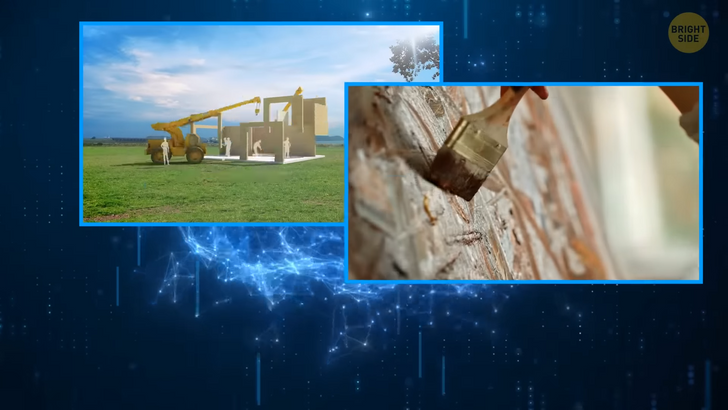
Having a big brain is really expensive for animals too — it takes a lot of energy to keep it running. So, animals only become as smart as they need to be to survive and thrive in their environment. Dogs and cats are pretty smart because they need to be able to avoid danger and find food. They don’t need human kind of intelligence for things like building houses, creating art, or inventing new technologies. So it would be hard to bring all living beings and plants to the same level of intelligence.
The third [Competition] reason why it would be difficult for a planet to become sentient is the main rule of the animal kingdom — life is all about survival of the fittest. Every creature is competing for resources like water, food, and space. But not only do different species compete against each other, but individuals within the same species also fight. Just think of how fiddler crabs fight for territory on the beach or how wolf packs fight over prey. Or me when I see an empty spot on a crowded beach. This kind of competition is not a good base for global cooperation.
There are a couple of exceptions to this rule, for example, ants. They may not be the brightest creatures on the planet, but when they come together in colonies, they can achieve amazing things, like gathering food that’s way bigger than them, building nests, raising young, and even farming. In fact, they act like a superorganism, called a “hive mind,” where every ant works together towards a common goal.
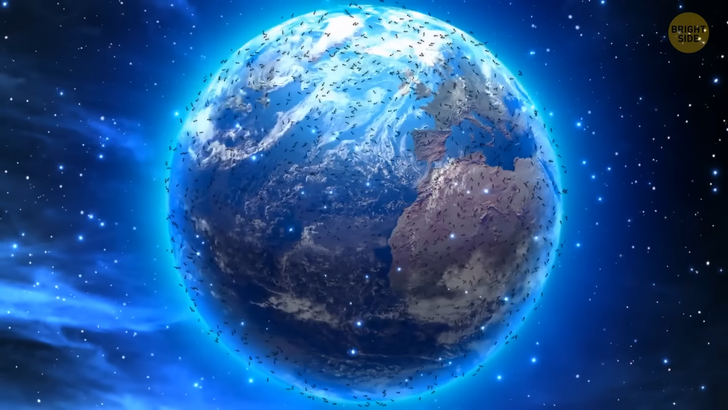
Insects like bees and ants are very altruistic and work together to ensure their queen reproduces. If one large ant colony took over our whole planet, it could act as a single mind and work towards the colony’s and planet’s interests until they run out of resources. But in reality, it’s hard to imagine any organism, even a superorganism, could reach such a level of self-awareness and consciousness.
Number 5 — how could we keep in contact? When it comes to communication, ants use pheromones and humans use nerves. Both of these methods work well for small organisms, but when it comes to a giant planet-sized entity, it would be hard to make such communication fast and efficient. So, communication within a planet-sized entity would be much slower than what we have in our homes, like our computers or smartphones. Oh well, we’ll just continue dreaming about Pandora!











